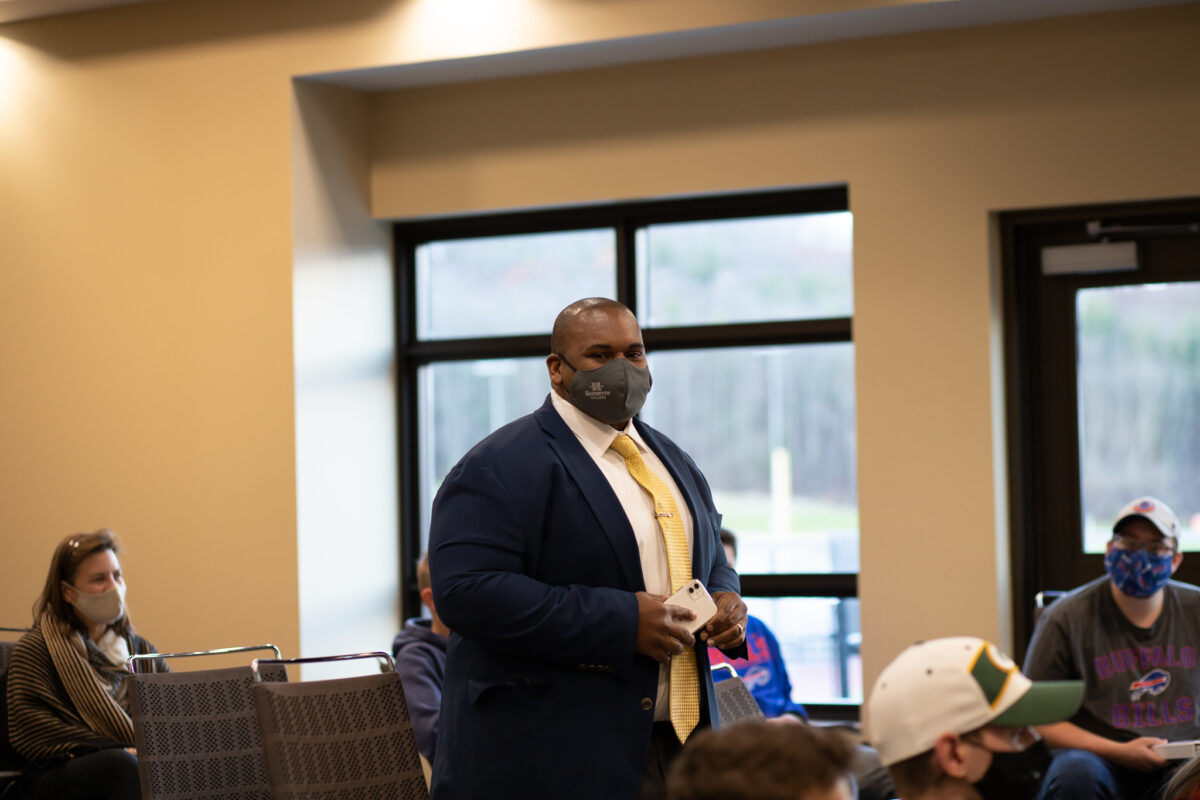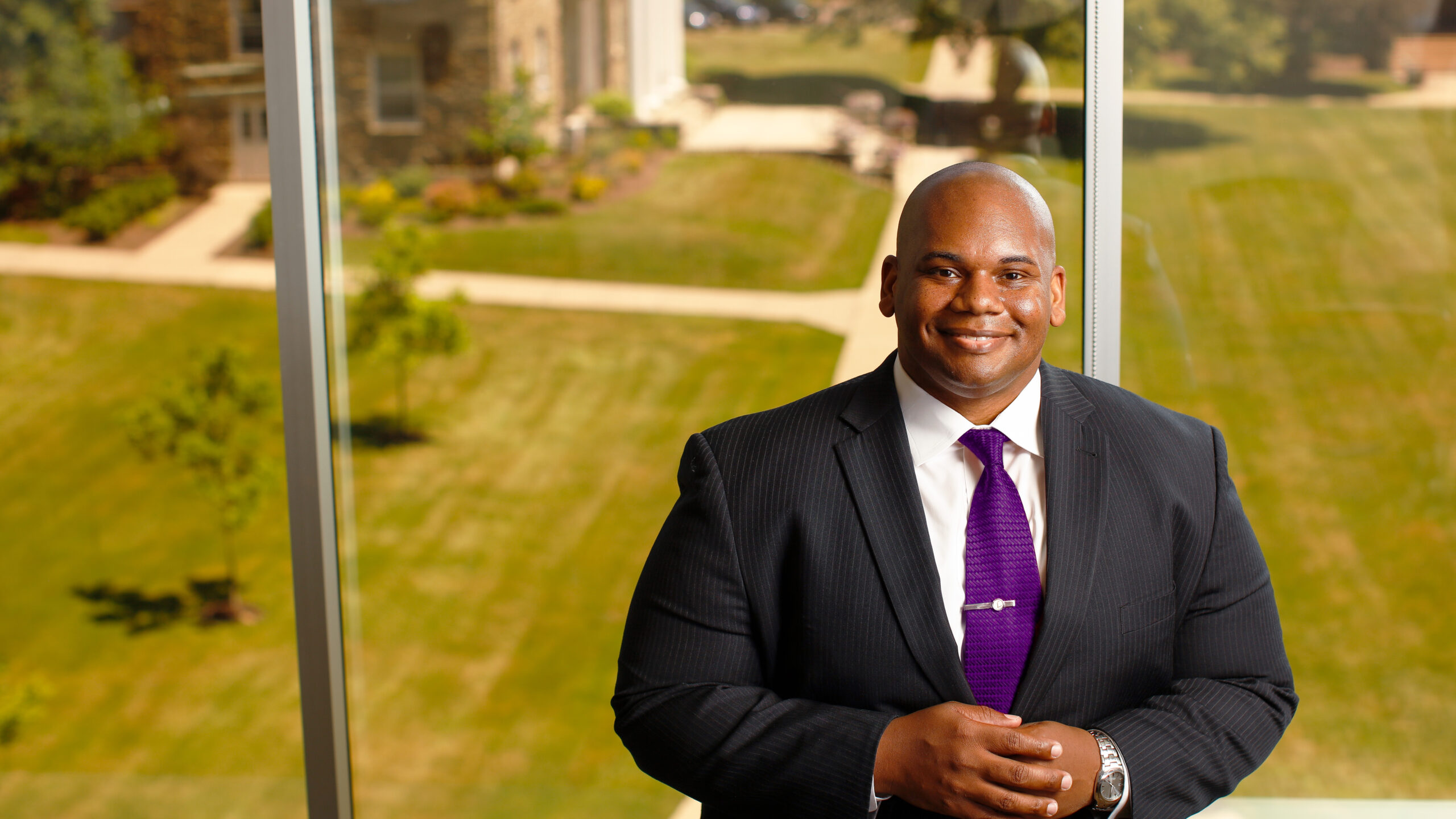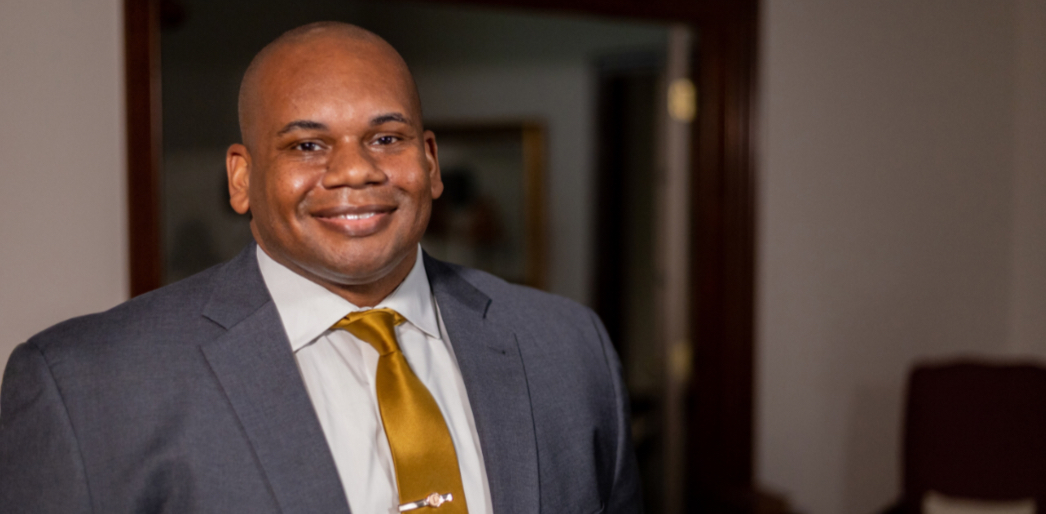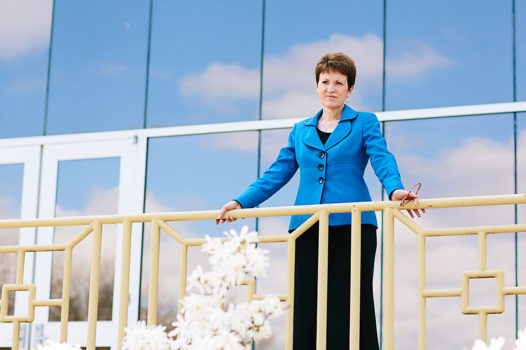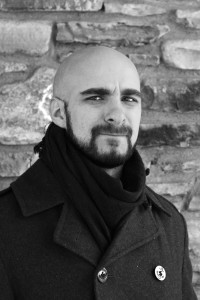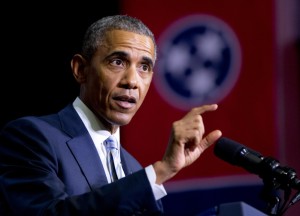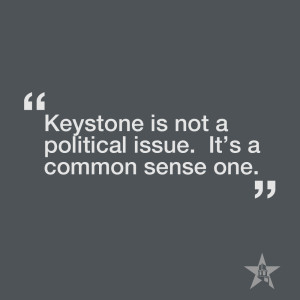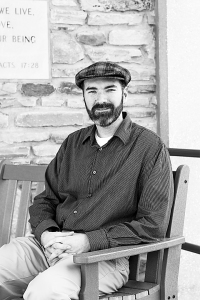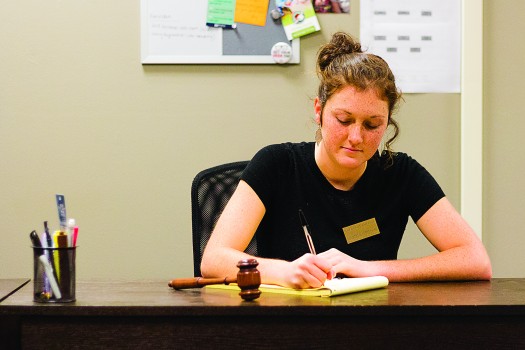By Joshua Carpenter ('24)
In the Fall semester of 2021, Houghton College welcomed Dr. Wayne D. Lewis, Jr. as its 6th President. Since then, Lewis’ first semester has ended, with his second having just begun. Meanwhile, positive feedback on his presidential performance is flowing in from all over Houghton.
Micah Williams (’23) sat down with the STAR in an interview to discuss his first impressions of President Lewis, noting his appreciation for Lewis’ frequent presence on campus, also adding that “It’s nice to see the president of the school where they are just sitting in chapel and being there with us, or even just seeing him drive around campus and knowing that his presence is there… it’s nice to just have his presence there.”
Looking at President Lewis from a professional angle, Dr. Gaerte, a communication professor who has been teaching public speaking for more than 35 years, observed his inaugural address with positive remarks, referring to it as “outstanding”. Gaerte also wrote that , “ He struck an effective balance between honoring Houghton’s long traditions and showing connections to past presidents like James Luckey, Stephen Paine, Dan Chamberlain, and Shirley Mullen, and yet clearly articulating how he will continue to shape Houghton going forward in his own unique way. That can be a difficult balance for a new president – how do I respect the past and those who helped create this office before me yet while establishing my own vision for my presidency.”
In search of a personal comment, The STAR reached out to President Lewis to ask him some questions to better understand his own thoughts and feelings towards his presidency and Houghton in general. He answered, “The Houghton College community, including students, staff, faculty, and alumni, have been incredibly welcoming, kind, and gracious to me and my family. We are thankful that God brought us to such a generous and Christ-centered community.” President Lewis also commented on what he thinks are Houghton’s greatest strengths, having said, “Houghton’s greatest strengths are its people and its faith. I have never served at an institution with a more loyal and committed community. Our people love Houghton, and it shows… As well, the Houghton community’s historic and continuing belief that God will faithfully provide resources and direction to the college is a hallmark and tremendous strength of our community. I share in that longstanding faith belief. As long as we “Trust in the Lord with all [our] heart and lean not on [our] own understanding; in all [our] ways submit[ting] to him, he will make [our] paths straight” (Proverbs 3:5-6).
With a presence welcomed by both students and faculty alike, President Lewis has shown Houghton that not only is he enjoying its people, but his presidency as well.★

